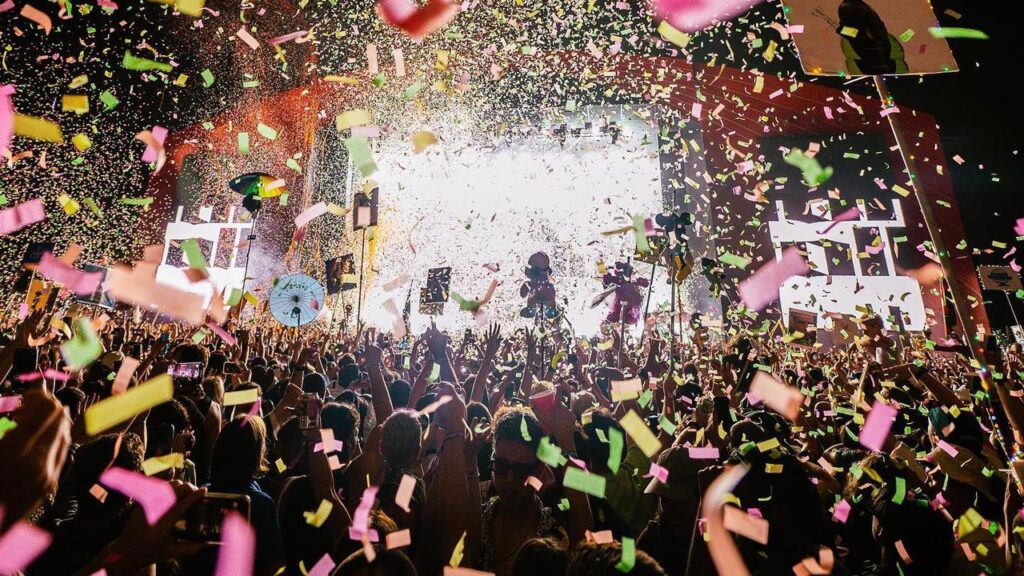AI to create 200,000 Aussie jobs
Written by admin on July 3, 2024
Artificial intelligence could create up to 200,000 jobs in Australia by the end of the decade, a surprising new report has found.
The report, from the Tech Council of Australia named Meeting the AI Skills Boom, finds capitalising on billions of dollars of efficiency gains requires the country’s roughly 33,000 person AI workforce to increase five-fold.
“This growth won’t be isolated to the tech sector or tech jobs,” Tech Council chief executive Damian Kassabgi said.
On top of AI designers, developers and maintenance, the workforce needed people with skills in human resources, sales and governance to “successfully scale these systems and businesses to harness the potential in front of us”, Mr Kassabgi said.
The report, released this week, finds reaching 200,000 AI workers by 2030 will require this workforce to grow 500 per cent over seven years.
There were about 33,000 AI workers in Australia in 2023, roughly the same number as architects, or school principals.
The Australian AI workforce has grown from 800 people in 2014, the Tech Council found.
The report also estimates that if the AI workforce increases five-fold by 2030, productivity gains would be worth $115bn to the economy.
Microsoft Australia chief technology officer, Sarah Carney, said users of AI tools were saving time, focusing on more important work and being more creative.
“But there is still massive growth to come, so we need to ensure we have the AI-skilled workers available to reap the economic and social benefits that the technology will bring as it becomes more widespread,” Ms Carney said.
LinkedIn has found the existing tech workforce is already straining to meet demand, but there are paths forward.
“Growing the number of AI development jobs could be achieved by offering alternative entry-level pathways, opportunities for mid-career retraining and upskilling in AI, and drawing on skilled migration, particularly for highly technical roles requiring experience,” LinkedIn Australia’s managing director Matt Tindale said.
The Tech Council report was produced with Microsoft, LinkedIn and Workday.
But the electricity-sapping AI systems throw another spanner in the works; emissions.
A separate report released this week, by the University of Technology Sydney and US-based Pure Storage highlights the ballooning electricity implications for the industry.
“Little or no attention is being paid to the significant sustainability impacts (AI and data centres) will cause,” research director Gordon Noble said.
In Australia, data centres are estimated to consume up to 5 per cent of the energy grid and some analysts expect that to double by the end of the decade, the report finds.
The World Economic Forum reports “the computational power required for sustaining AI’s rise is doubling roughly every 100 days. The energy required to run AI tasks is already accelerating with an annual growth rate between 26 and 36 per cent”.
“This means by 2028, AI could be using more power than the entire country of Iceland used in 2021.”
Mr Noble said Australian regulators need to clamp down on the sector’s emissions.
“A clear picture is emerging that while Australia and New Zealand are adopting AI and data centres at a rapid rate, little or no attention is being paid to the significant sustainability impacts they will cause,” he said.
Regulators, superannuation and other investors were increasingly seeing data centres as a source of income, he said.
“Left unchecked, this will contribute to worsening carbon emissions, risking a further exacerbation of our global warming challenge.”
Pure Storage says opacity of the sector’s emissions was concerning.
“This report should serve as a wake up call for the government, regulators, boards of directors and investors that the pace of development needs to be tampered by an equally robust scrutiny on environmental sustainability,” Pure Storage Australia and New Zealand vice president Amy Rushall said.






